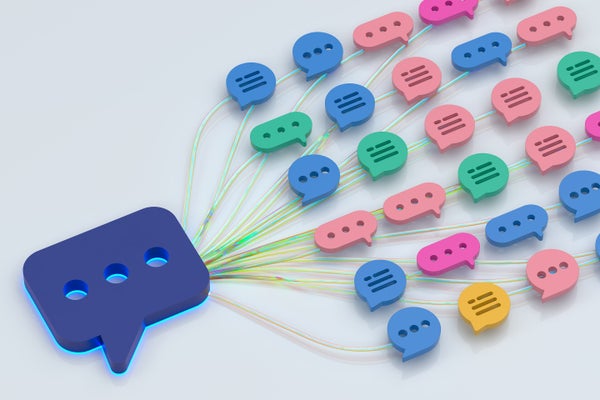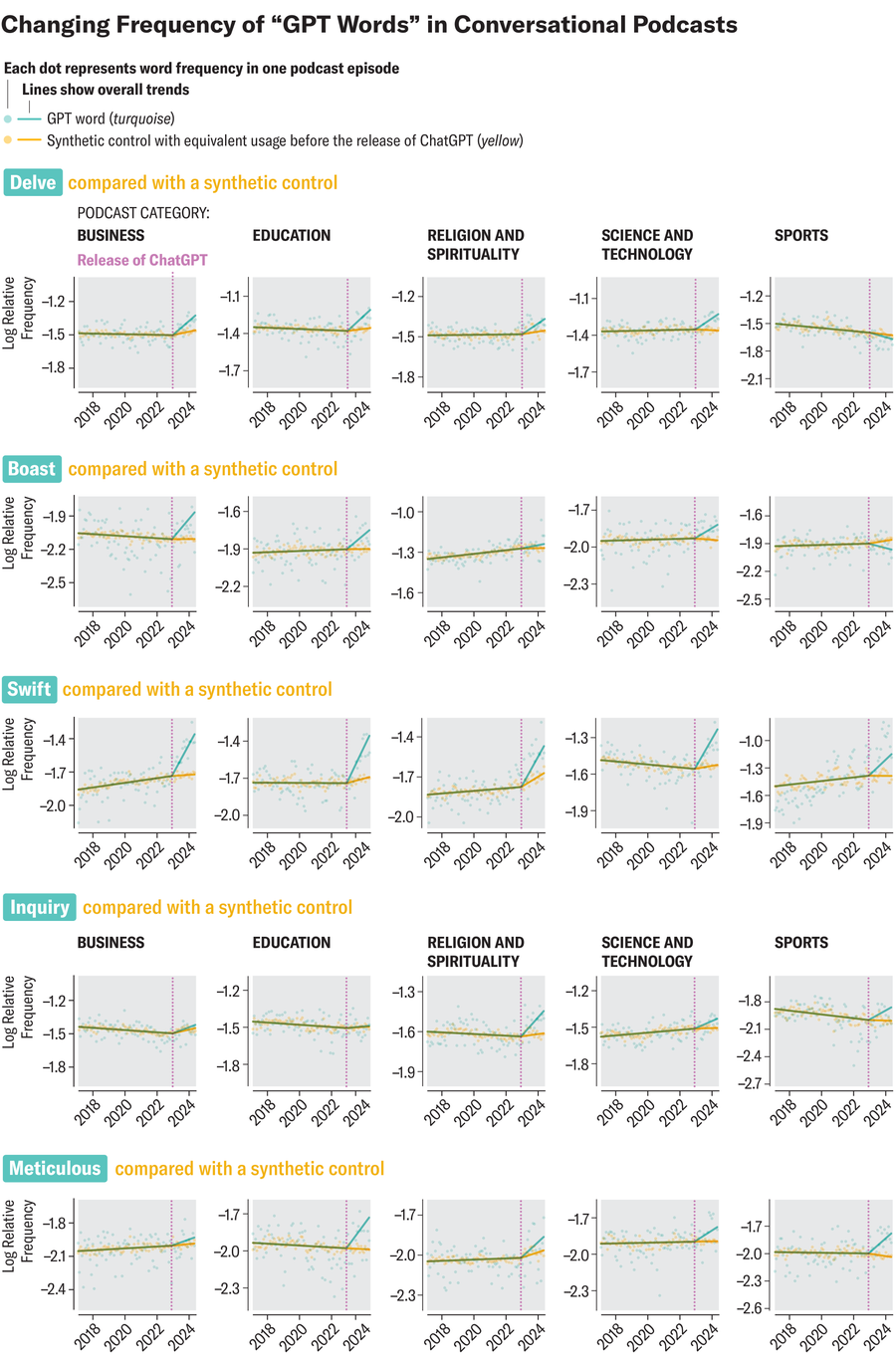開発者向けオファー
ImaginePro APIを50クレジット無料で体験
MidjourneyやFluxなどを活用してAIビジュアルを構築 — 無料クレジットは毎月リセットされます。
How ChatGPT Is Secretly Changing Your Vocabulary
Since its explosive debut in late 2022, ChatGPT has become one of the fastest-growing consumer applications in history, fundamentally altering how we work, learn, and create. But new research suggests its influence runs deeper than we might realize—it's even changing the very words we use in everyday conversation.

The AI Echo: Are We Starting to Talk Like ChatGPT?
The initial spark for the study came from personal experience. Hiromu Yakura, a postdoctoral researcher at the Max Planck Institute for Human Development, noticed a subtle shift in his own vocabulary. "I realized I was using ‘delve’ more," he said. This prompted him and his colleagues to investigate if this was a widespread phenomenon, moving beyond previous findings that AI was changing written communication to see if it affected spoken language as well.
Uncovering the Linguistic Shift
To test their hypothesis, the researchers devised a clever methodology. First, they identified what they dubbed "GPT words" by having ChatGPT edit millions of pages of text with common prompts like "polish this" or "improve clarity." They extracted the words the AI consistently added, such as “delve,” “realm,” and “meticulous.”
Next, they analyzed a massive dataset of over 360,000 YouTube videos and 771,000 podcast episodes from before and after ChatGPT's release. The team's results, posted in a preprint study, showed a clear surge in the use of these "GPT words" in the 18 months following the chatbot's launch. This trend wasn't just in formal scripts; it appeared in spontaneous, unscripted conversations, too.

The Human-AI Feedback Loop
Levin Brinkmann, a study co-author, explains this as a cultural feedback loop. "The patterns that are stored in AI technology seem to be transmitting back to the human mind," he says. In essence, we train AI with our language, it reflects a remixed version back to us, and we unconsciously begin to mimic its style.
While humans have always imitated each other, this new dynamic with AI is different. "AI is not a special technology in terms of influencing our behavior," Yakura notes. "But the speed and scale at which AI is being introduced is different."
More Than Just Words: The Cultural Implications
It might seem harmless for people to adopt a few new words, but this trend could have deeper consequences. "We’re more likely to copy what someone else is doing if we perceive them as being knowledgeable or important,” Brinkmann states. As more people view AI as a cultural authority, they may imitate it over other human sources, potentially narrowing our collective linguistic diversity.
James Evans, a professor at the University of Chicago who was not involved in the study, agrees that tracking word distribution is the right approach for now to understand AI's influence. However, he cautions that as models evolve, analysis may need to shift to broader patterns like sentence structure.
Given the rapid changes already observed, the question is no longer if AI will reshape our culture, but how profoundly. As Yakura concludes, “Word frequency can shape our discourse or arguments about situations. That carries the possibility of changing our culture.”
プランと料金を比較
ワークロードに合ったプランを選び、ImagineProの全機能を解放しましょう。
| プラン | 料金 | 主なポイント |
|---|---|---|
| スタンダード | $8 / 月 |
|
| プレミアム | $20 / 月 |
|
個別条件が必要ですか?クレジットやレート制限、導入方法を柔軟にご相談ください。
料金の詳細を見る

